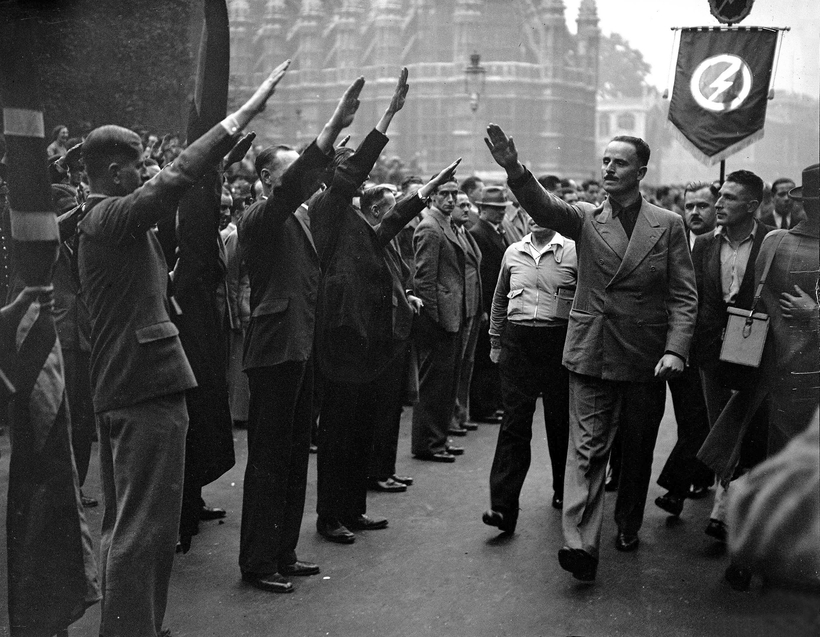The atmosphere in Great Britain in early July 1940 was taut, brittle, nerve-racked. Nazi Germany had crushed France in less than six weeks in May and June, forced the British Expeditionary Force from the European continent at Dunkirk, and—allied to Soviet Russia—now controlled everywhere from the Russian border to the English Channel. With no immediate prospect of the United States entering the war, there seemed no possible way that Britain could win World War II.
To make matters much worse, the way that the Germans had subverted many of the countries they had invaded since April 1940 through the use of local Fascist sympathizers, known as “Fifth Columnists,” further worried the British authorities, and especially its domestic secret service, M.I.5. Norwegian, Belgian, Dutch, and French Fascists who identified far more closely with Adolf Hitler politically than with their own countrymen were believed to have given the Germans crucial help in destabilizing their societies and armies at the key moment of invasion. M.I.5 wondered whether there was similarly a British Fifth Column that was planning to do the same thing when the Germans invaded, and, if so, how it could be countered.


